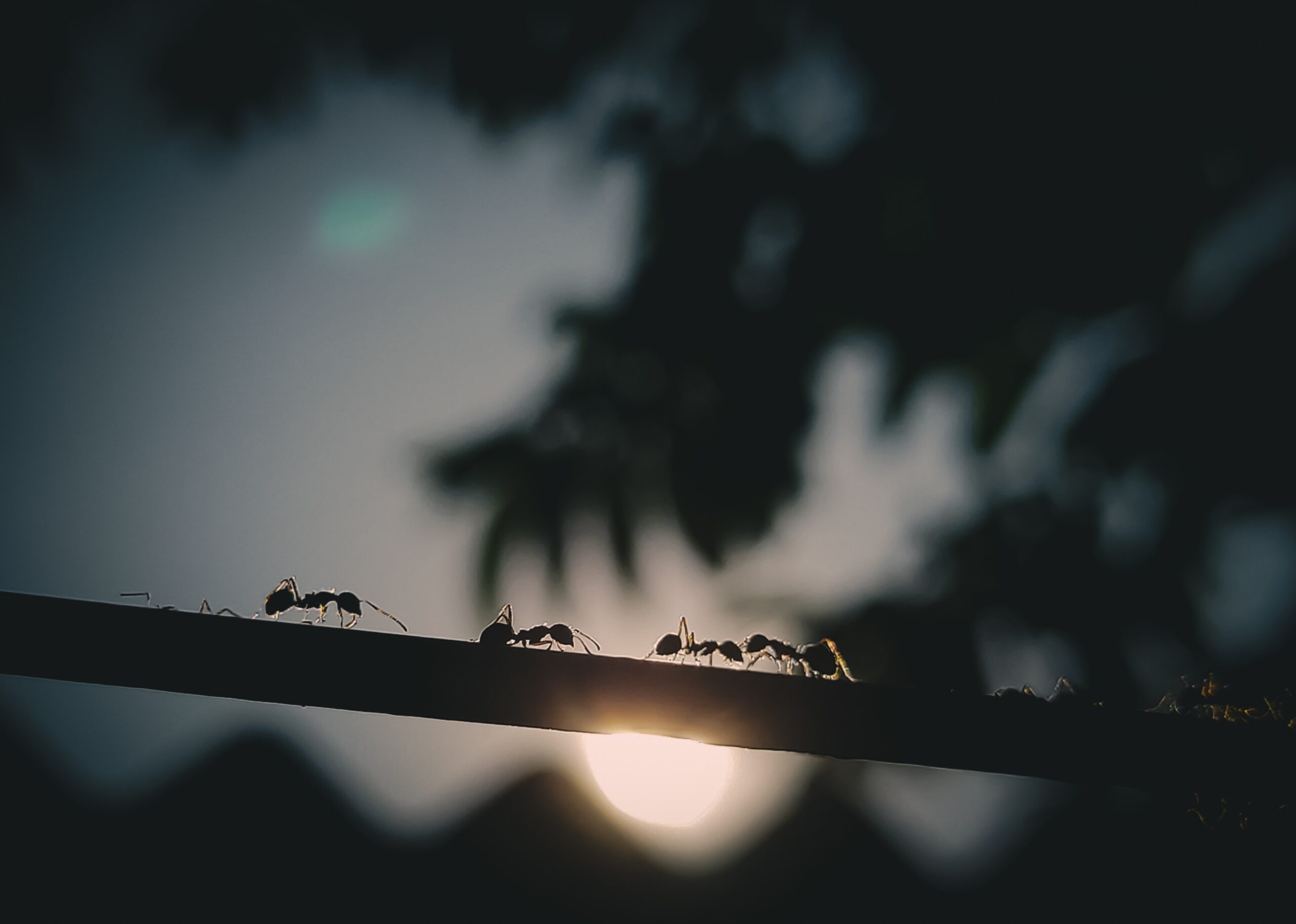As we advance further and further down the technological rabbit hole, human behavior and appearance have changed. We can order any cuisine in the city within 45 minutes from our fingertips, can control an entire suite of home amenities with only a few words, and connect face-to-face from anywhere in the world within seconds. We can probably do anything our parents did with maybe a quarter of the time or effort. Without fail, the wheel of technology rolls on and on.
However, certain innovations gain popularity despite obvious flaws or inefficiencies. Perhaps something comes a bit cheaper than the clearly superior alternative or can be produced quicker. Maybe it has benefited from exclusivity deals, either as a government contractor or in the private sector, in ways that the competition has not.
Whatever the case, it can often be beneficial to look to the past and try to rediscover any developmental roads that have since been abandoned for the “better” innovations that shaped society. A look at past agricultural traditions can show us just that. A recent study concluded that the world’s most widely used pesticides are outperformed by all-natural farms that used on-site ant populations instead.
The study, a Brazilian paper released this summer in the journal “Proceedings of the Royal Society B,” looked into agricultural setups in the U.S., Brazil, the U.K, and Australia. The team analyzed 17 crops, including apples and mangoes, then crossed that information with 26 ant species commonly found in these regions. Ant hunting habits inspired researchers. As generalist predators, ants normally seek out other insects known to feed on fruits and other cash crops.
What they found was even more impressive than expected. Not only were ants able to consistently provide better coverage from pests than traditional pesticides, producing higher crop yields over the long term, but they also came at a lower cost.
This discovery isn’t necessarily breaking news for everyone. Academics worldwide have begun chiming in with words of encouragement, seemingly relieved to be validated in their knowledge of centuries-old agricultural traditions in communities outside of the Western mainstream. Chinese farmers had long used ants for pest control on their farms, and pest-heavy operations in Ghana, Nigeria, and even Canada had historically employed insects as a form of defense.
University of Nevada’s Dr. Patrick Milligan told The Guardian that the study was “both heartening and not at all surprising” upon seeing the public response. “This is essentially another option in our farming toolset that can allow agriculture to move away from pesticides — which really damage neighboring insect communities — but still improve crop yields.”
Adam Hart, a University of Gloucestershire professor, offered a similar opinion to The Guardian. “Many of us have been talking about ants as natural pest controllers. But, as with anything, it is usually more complex than we think once we start digging deeper.” Hart cautioned against a reckless response to this study, where farmers began using ants where they shouldn’t be. “It isn’t all ants or all crop systems, and they can have a cost. It’s all about developing a greater understanding of how ants interact with crop pests and other organisms.”





